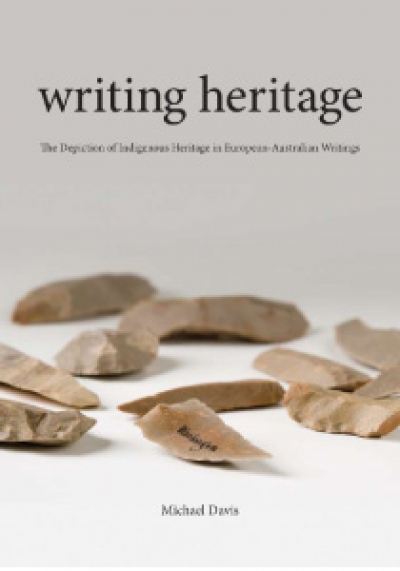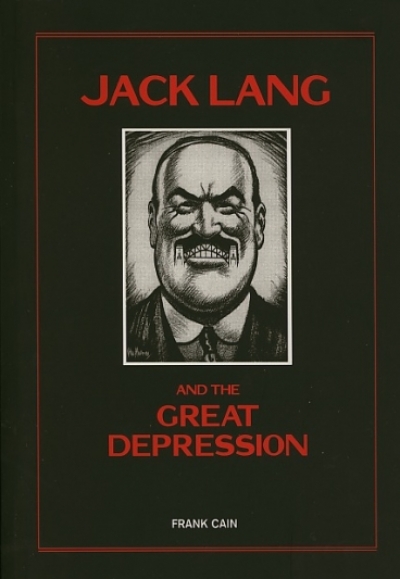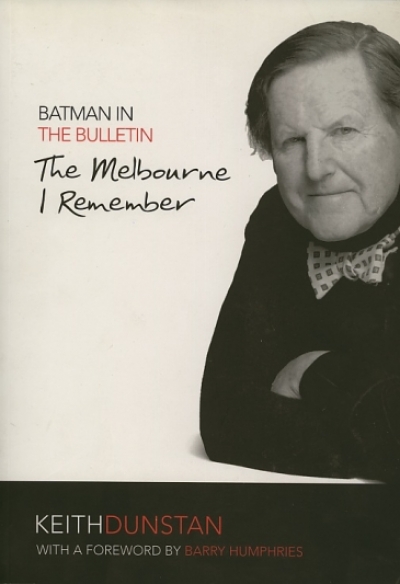Australian Scholarly Publishing
Barcroft Boake: Collected works, edited, with a life by W.F. Refshauge
by Patrick Buckridge •
Writing Heritage: The depiction of Indigenous heritage in European-Australian writing by Michael Davis
by Maria Nugent •
Flashing Eyes and Floating Hair: A reading of Gwen Harwood’s pseudonymous poetry by Cassandra L. Atherton
by Jennifer Strauss •
Socialist Champion: Portrait of the gentleman as crusader by John Barnes
by Grant Bailey •
Batman in the Bulletin: The Melbourne I remember by Keith Dunstan
by John Rickard •







